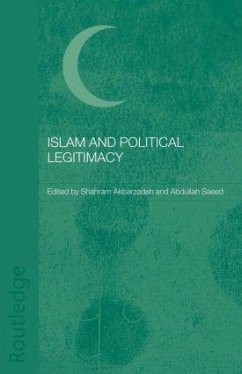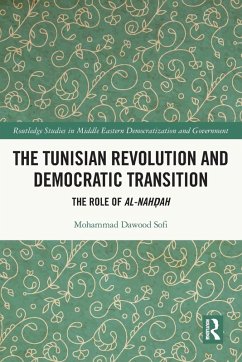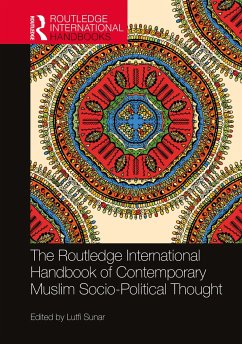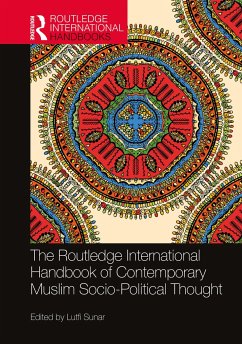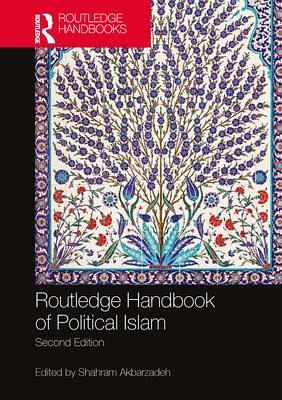
Routledge Handbook of Political Islam

PAYBACK Punkte
24 °P sammeln!
This updated, second edition of the Handbook of Political Islam covers a range of political actors that use Islam to advance their cause. While they share the ultimate vision of establishing a political system governed by Islam, their tactics and methods can be very different. Capturing this diversity, this volume also sheds light on some of the less-known experiences from South East Asia to North Africa.Drawing on expertise from some of the top scholars in the world, the chapters examine the main issues surrounding political Islam across the world, including:Theoretical foundations of politic...
This updated, second edition of the Handbook of Political Islam covers a range of political actors that use Islam to advance their cause. While they share the ultimate vision of establishing a political system governed by Islam, their tactics and methods can be very different. Capturing this diversity, this volume also sheds light on some of the less-known experiences from South East Asia to North Africa.
Drawing on expertise from some of the top scholars in the world, the chapters examine the main issues surrounding political Islam across the world, including:
Theoretical foundations of political Islam
Historical background
Geographical spread of Islamist movements
Political strategies adopted by Islamist groups
Terrorism
Attitudes towards democracy
Relations between Muslims and the West in the international sphere
Challenges of integration
Gender relations
Capturing the geographical spread of Islamism and the many manifestations of this political phenomenon make this book a key resource for students and researchers interested in political Islam, Muslim affairs and the Middle East.
Drawing on expertise from some of the top scholars in the world, the chapters examine the main issues surrounding political Islam across the world, including:
Theoretical foundations of political Islam
Historical background
Geographical spread of Islamist movements
Political strategies adopted by Islamist groups
Terrorism
Attitudes towards democracy
Relations between Muslims and the West in the international sphere
Challenges of integration
Gender relations
Capturing the geographical spread of Islamism and the many manifestations of this political phenomenon make this book a key resource for students and researchers interested in political Islam, Muslim affairs and the Middle East.






